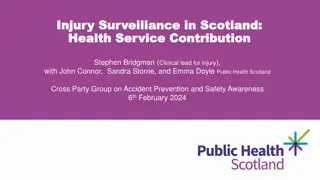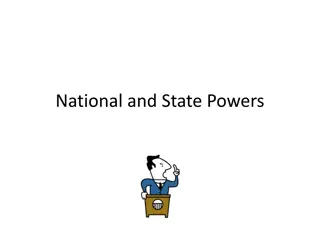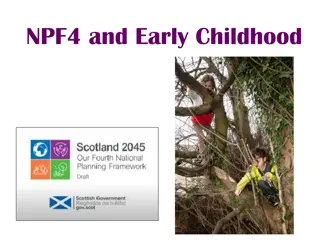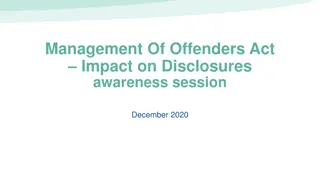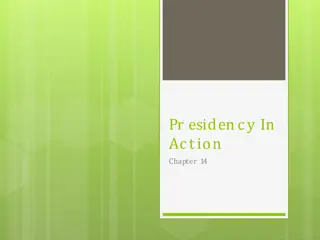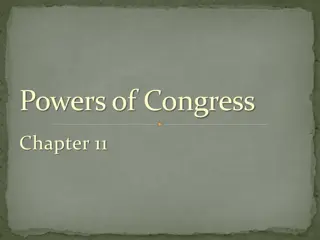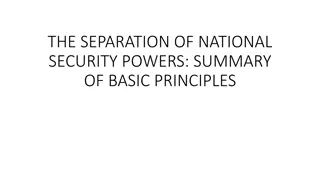Scotland's New Financial Powers: Opportunities & Risks
In Scotland, the devolution of financial powers has opened up new opportunities and risks. With increased flexibility in policy choices and tax decisions, there comes a challenge of managing fiscal volatility. The development of strategic public finance management is crucial, along with fostering better intergovernmental relationships. This shift also establishes a direct connection between economic performance and the state of public finances. Parliamentary scrutiny and audit are key priorities to ensure transparency, sustainability, and accountability in Scotland's financial landscape.
Download Presentation

Please find below an Image/Link to download the presentation.
The content on the website is provided AS IS for your information and personal use only. It may not be sold, licensed, or shared on other websites without obtaining consent from the author.If you encounter any issues during the download, it is possible that the publisher has removed the file from their server.
You are allowed to download the files provided on this website for personal or commercial use, subject to the condition that they are used lawfully. All files are the property of their respective owners.
The content on the website is provided AS IS for your information and personal use only. It may not be sold, licensed, or shared on other websites without obtaining consent from the author.
E N D
Presentation Transcript
Scotlands new financial powers: the opportunities and risks Caroline Gardner Auditor General for Scotland
A brief history of devolution so far Scottish Parliament established in 1999 (Scotland Act 1998) New financial powers (Scotland Act 2012) Scottish rate of income tax Devolved taxes (Land & Buildings Transaction Tax and Landfill Tax) Borrowing powers Independence referendum the Vow the Smith Commission 2014 Further financial devolution (Scotland Act 2016) 2
Scotland Act 2016 new financial powers Estimated revenues of 11.2 billion The power to set income tax rates and bands on earned income and to retain the tax collected from Scottish taxpayers Income tax From April 2017 Social security Date TBC Estimated spending of 2.7 billion Responsibility for some social security powers Estimated revenues of 5.4 billion Assigning a share of the VAT collected in Scotland to the Scottish Government's budget Value Added Tax (VAT) From April 2019 Devolution of two further taxes: Air Passenger Duty (estimated revenues of 309 million) Aggregates Levy (estimated revenues of 54 million) Devolved taxes From April 2018 Increased borrowing and reserve powers Revenue ( 1.75 billion) and capital investment ( 3.0 billion) Scottish Reserve ( 700 million) Borrowing and reserve From April 2017 3
Taxation as share of devolved expenditure Source: Scottish Parliament Information Centre Financial Scrutiny Unit 4
Financial devolution: opportunity and risk Opportunities Risks More flexibility on policy choices and associated tax and spend Fiscal risk volatility of taxes and spending Development of more strategic management of public finances Intergovernmental relationships Direct link between economic performance and public finances 5
Parliamentary scrutiny and audit Priorities Our reports Whole of Government Accounts Greater transparency Budget process Fiscal framework Fiscal sustainability 6


![READ⚡[PDF]✔ Emerging Space Powers: The New Space Programs of Asia, the Middle Ea](/thumb/21554/read-pdf-emerging-space-powers-the-new-space-programs-of-asia-the-middle-ea.jpg)

